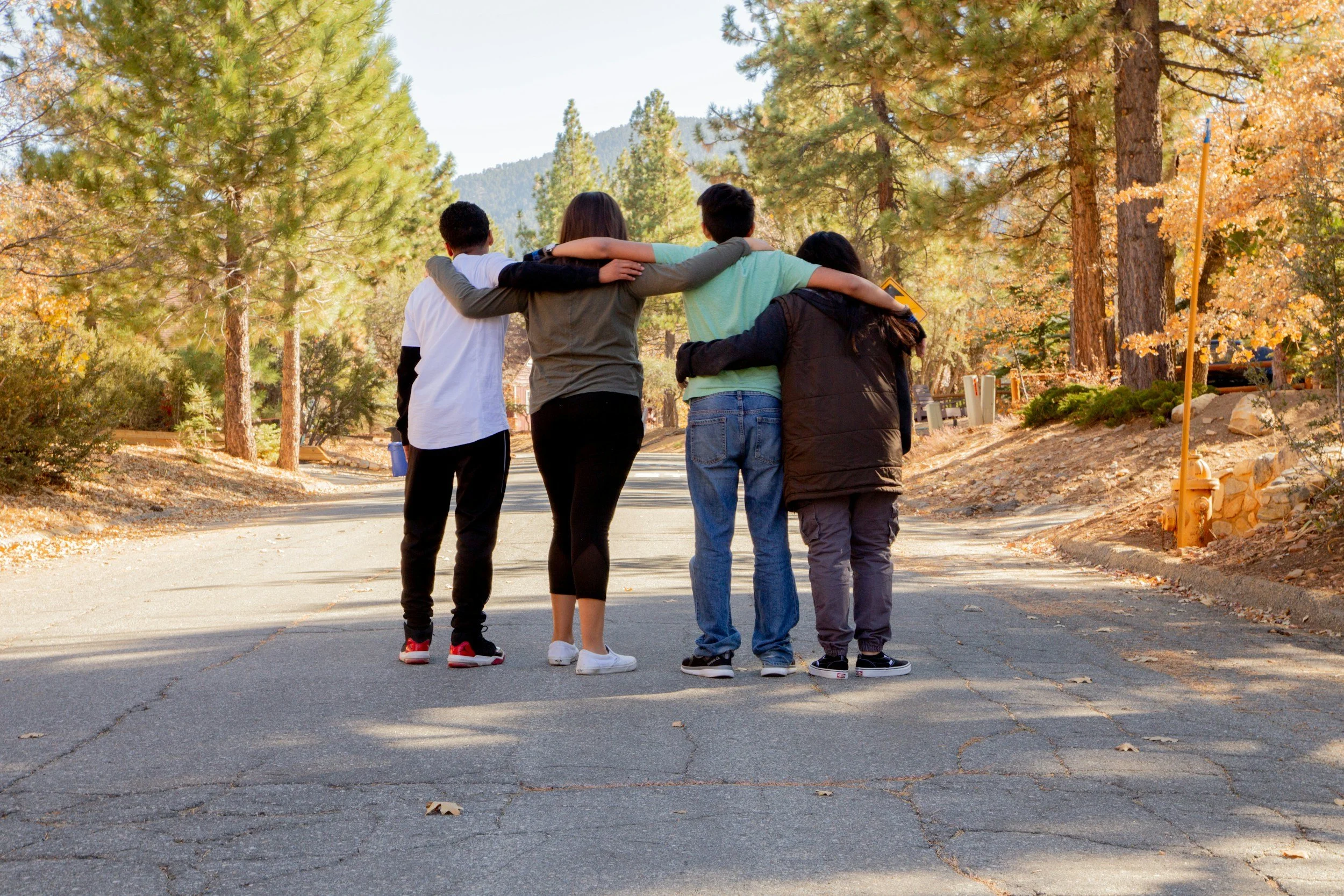
FAQs: What is OK?
Understanding relationships, sexual behaviors, boundaries, privacy, laws, age restrictions, and consent
Everyone engages in many forms of relationships - relationships with the server in your favorite restaurant, a teacher or boss, neighbor, friends, and romantic partners. Relationships are an important part of life. Healthy and safe relationships help us feel better connected in the world and less alone, and they can allow us to explore who we are and how we feel about ourselves.
Healthy and safe relationships also mean that boundaries – personal and legal boundaries – are respected throughout the relationship. Everyone has happier, more fulfilling relationships when they understand boundaries and act legally and safely.
At the other end of the relationship spectrum are harmful and abusive relationships. When you don’t understand or ignore boundaries and laws that are specific and relevant to our personal relationships, you risk behaving harmfully and abusively - you risk hurting others, as well as yourself. You can take steps to create a safer and healthier relationship for yourself and your partner.
It’s OK to ask questions. Here are the most common ones we hear:
Learn about how to set boundaries if you’re being peer pressured into sexual activity with other youth.
The crucial features of any healthy relationship are: open communication, trust, respect, honesty, an equal balance of power, and appropriate physical and emotional boundaries.















